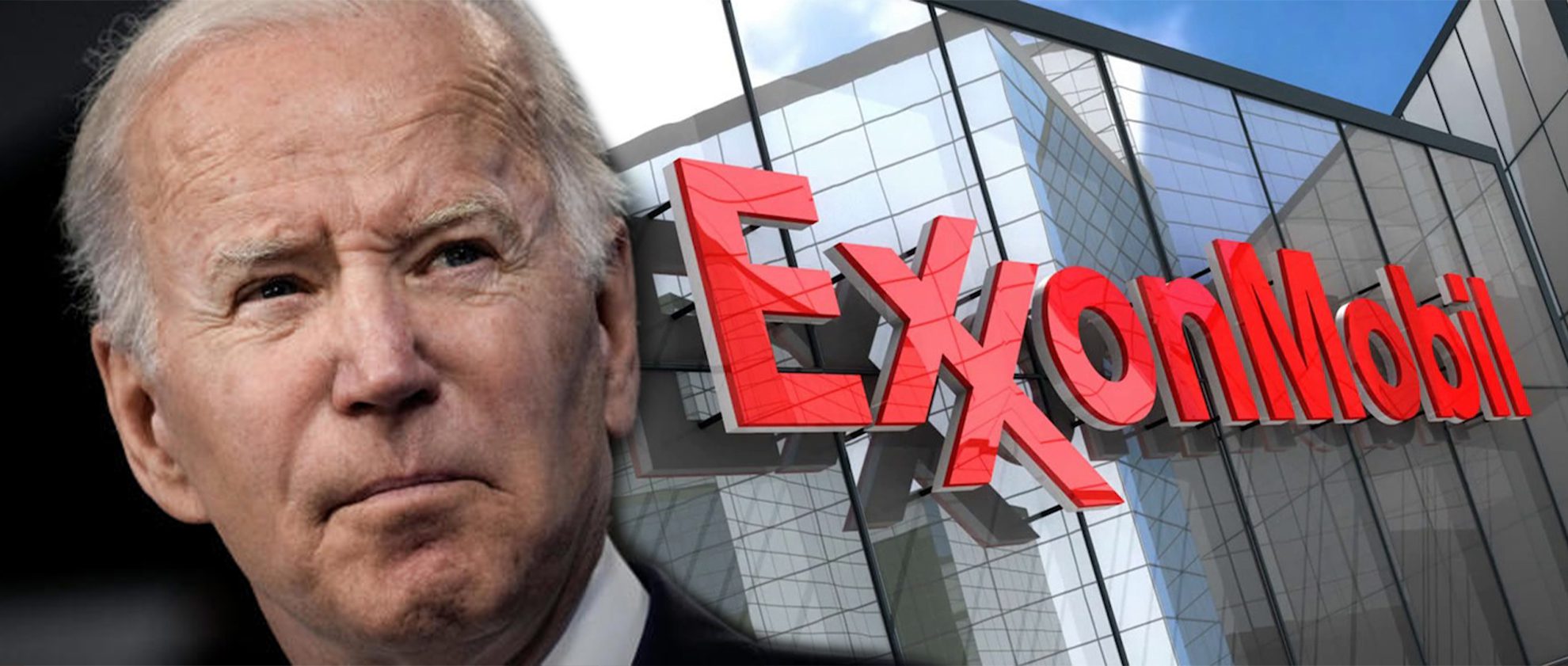Like the rest of the world, American consumer pockets are under pressure by soaring fuel prices – a direct result of Russia’s invasion of Ukraine.
Accusations of price-gouging and deliberately staying away from new well drilling have abounded in the past few weeks. The blame has been shifted around but now, it hit a new target – ‘Big Oil’.
Recently, United States President Joe Biden singled out ExxonMobil Corp., calling on the supermajor to “invest more” and “pay its taxes”.
The company has come out to defend itself.
In a letter to President Biden, the supermajor hit back, saying that it “invests more than any other company” to develop America’s oil and gas supplies.
“This includes investments in the US of more than $50 billion over the past five years, resulting in an almost 50% increase in our US production of oil during this period,” the supermajor told President Biden, in response to his claims.
Exxon said it invested “double” what it earned over the last five years globally – a whopping US$118 billion on new oil and gas supplies, netting US$55 billion.
“This is a reflection of the company’s long-term growth strategy, and our commitment to continuously invest to meet society’s demand for our products,” it said.
Zeroing in on the US, Exxon pointed out that it has been investing through the downturn to increase its refining capacity to process US light crude by about 250,000 barrels per day. This, it said, is like adding a new medium-sized refinery.
Exxon pointed out too that it continued to push investments – even with the COVID-19 pandemic in full swing. The company lost over US$20 billion and was forced to borrow more than US$30 billion to maintain investment to increase capacity to be ready for post-pandemic demand.
For Exxon, short-term relief measures are available.
The company suggested to President Biden that the US government enact measures used after hurricane emergencies or even other supply disruptions.
“… such as waivers of Jones Act provisions [which regulate maritime commerce] and some fuel specifications to increase supplies,” Exxon said.
And in the long-term, Exxon said the government can promote investments “through clear and consistent policy that supports US resource development.”
These include regular and predictable lease sales, as well as streamlined regulatory approval and support for infrastructure such as pipelines.
Exxon only bounced back from a massive US$1.4 billion loss in 2020, and recorded US$23 billion in earnings for 2021 – the company’s largest profit declaration in seven years.
And on Wednesday, Exxon’s Guyana subsidiary – Esso Exploration and Production Guyana Limited (EEPGL) released its 2021 financials. The company recorded a profit for the first time since operating, to the tune of GY$132 billion (approximately US$633 million).



